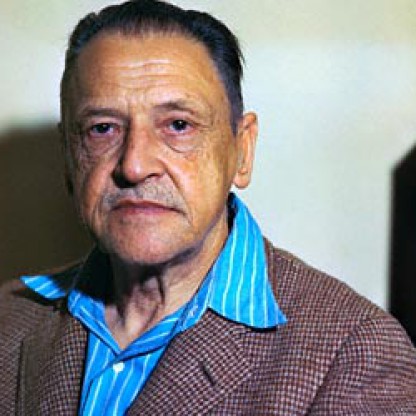In Modiano's 26th book, L'Horizon (2011), the narrator, Jean Bosmans, a fragile man pursued by his mother's ghost, dwells on his youth and the people he has lost. Among them is the enigmatic Margaret Le Coz, a young woman whom he met and fell in love with in the 1960s. The two loners spent several weeks wandering the winding streets of a now long-forgotten Paris, fleeing a phantom menace. One day, however, without notice, Margaret boarded a train and vanished into the void—but not from Jean's memory. Forty years later, he is ready to look for his vanished love. The novel not only epitomizes Modiano's style and concerns but also marks a new step in his personal quest, after a mysterious walkabout in Berlin. "The city is my age," he says, describing Berlin which is almost a completely new city rebuilt from the ashes of war. "Its long, geometric avenues still bear the marks of history. But if you look at it right, you can still spot ancient wastelands beneath the concrete. These are the very roots of my generation." Besson remarks that such symbolic roots gave rise, over the years, "to one of the most wonderful trees in French literature."
















